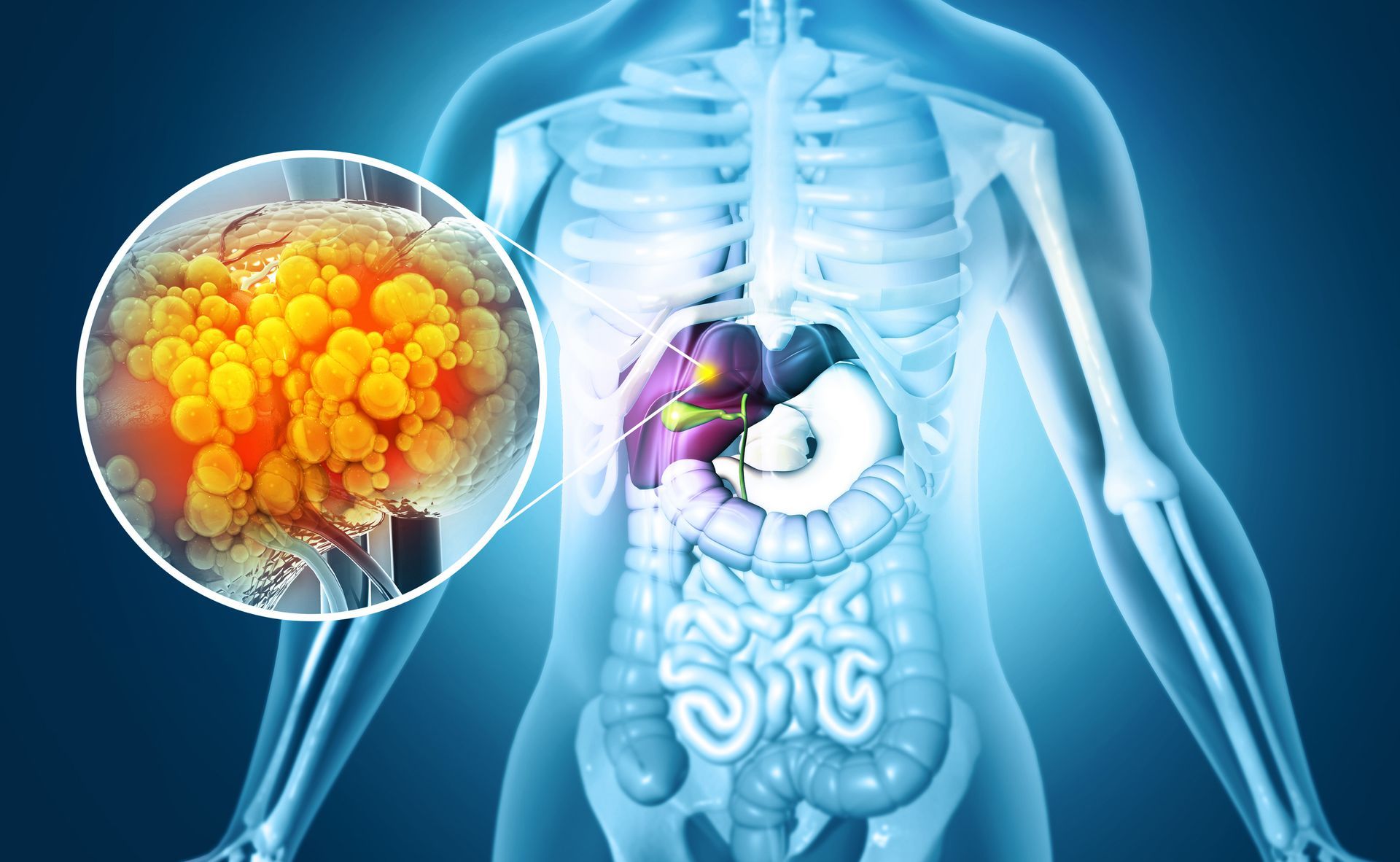Symptoms of Appendicitis: What Does Appendix Pain Mean?
Your digestive system has a lot of moving parts. When they are working in sync you can go about your day in comfort, but even the smallest problem can cause a lot of issues. One of those small parts is your appendix. While this tiny organ doesn’t really do anything noticeable, when something goes wrong with it, it can create major problems. Appendicitis is caused by a blockage of your appendix’s outlet. These blockages create inflammation and infection . Let’s take a closer look at the appendix and the causes, signs, and treatment of appendicitis.
What is the Appendix?
Your appendix is a very small organ that is attached to the top of your large intestine. While it doesn’t serve any obvious function in digestion, it may play a role in your immune system, as some of its tissue is lymphatic.
What Causes Appendicitis?
The main cause of appendicitis is a blockage of the outlet of your appendix. This blockage can lead to infection and inflammation, but what creates a blockage in the appendix? Here of some common causes:
- Virus
- Bacteria
- Inflammation
- Ulcers
- Parasites
- A tear in the abdominal tissue
No matter the cause of the blockage, it is the subsequent infection causes the major concern. An infection in the appendix can cause the organ to swell and burst.
Symptoms of Appendicitis
Appendicitis can be identified by sudden abdominal pain and/or vomiting. Other indications include:
- A sudden loss of appetite
- Increased pain as you make sharp movements, like coughing or walking
- Pain in the lower right side of the abdomen
- Diarrhea
- Constipation
- Bloating
- Flatulence
- An increasing fever
Treatment for Appendicitis
A successful treatment for appendicitis is contingent on an accurate diagnosis. However, this type of diagnosis can be difficult to distinguish from other gastrointestinal conditions. If caught early enough, antibiotics can be administered to fight off the infection. However, more developed or serious conditions can lead to a removal of the appendix, preventing it to burst.
If you are experiencing any of these symptoms, it’s important to see a doctor right away. For all of your digestive health needs, the expert staff at Digestive Diseases Center is here to help.
CONTACT
850-763-5409
ADDRESSES
4 LOCATIONS
204 E 19th Street, B, Panama City
12216 Panama City Beach Pkwy, D, Panama City Beach
4295 3rd Ave, Marianna
101 Good Morning St., 109B, Port St. Joe
Subscribe to our newsletter:
subscribe to our newsletter
We will get back to you as soon as possible.
Please try again later.



